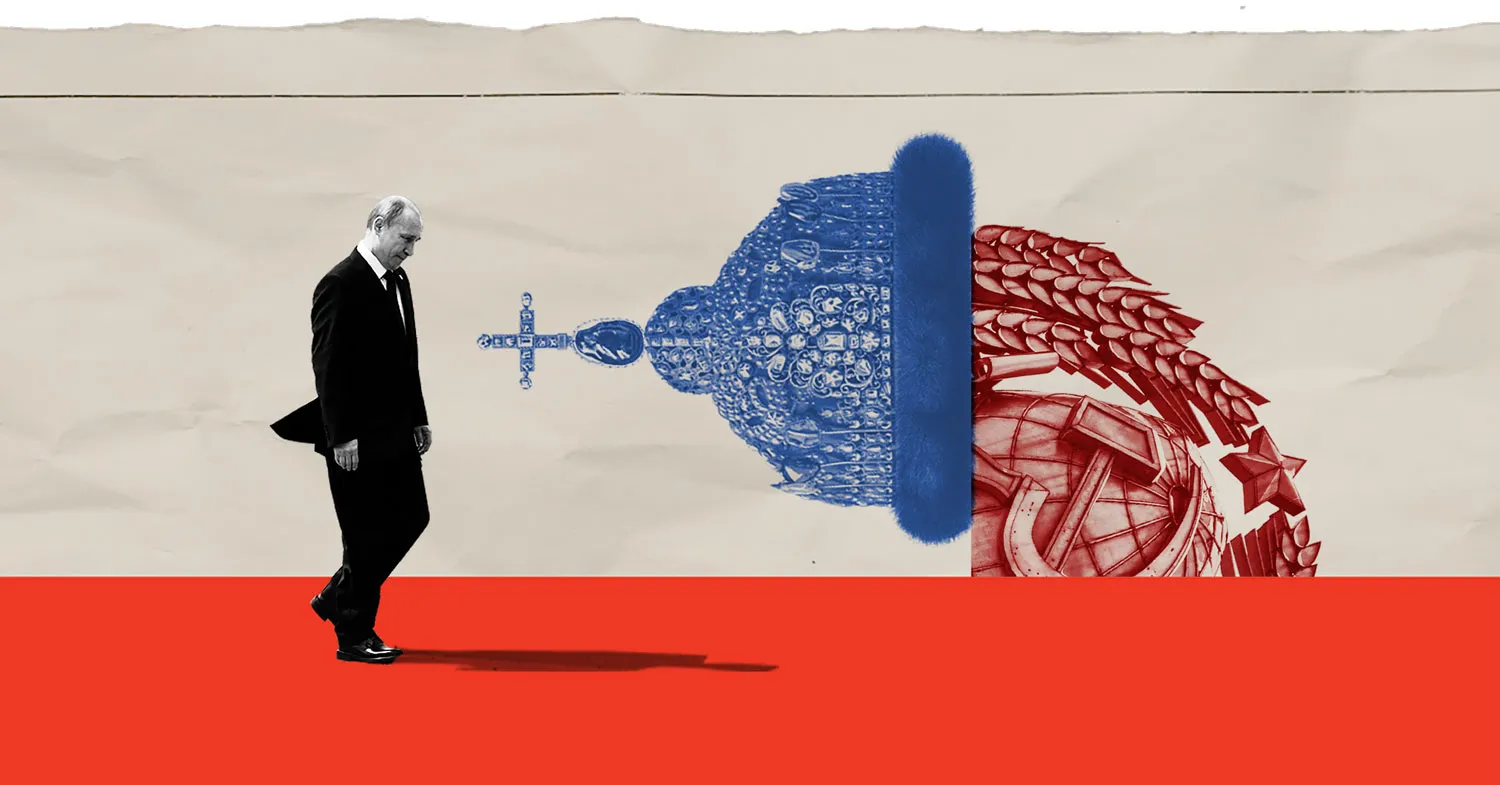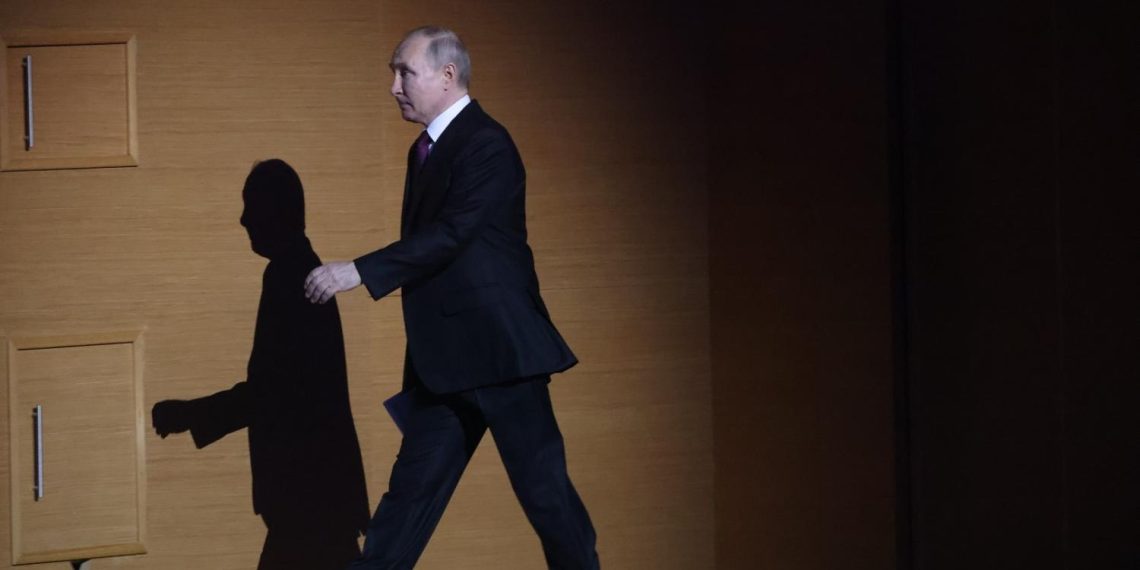Former President Donald Trump’s infamous phrase “Russia, Russia, Russia” encapsulates the ongoing turmoil surrounding Moscow’s influence in American politics.
Despite the end of the Cold War, Russia, under President Vladimir Putin’s leadership, remains a formidable adversary, leveraging its intelligence agencies, military power, and diplomatic maneuvers to challenge US dominance.
Putin’s strategy involves exploiting and exacerbating political divisions within the United States. He has cultivated significant influence in US politics, infiltrating and manipulating various fronts.
This includes attempts to interfere in US elections, as evidenced by recent accusations against Alexander Smirnov, who allegedly peddled false information to impact electoral outcomes.
Furthermore, Putin’s role in the death of Russian opposition figure Alexey Navalny has intensified scrutiny of former President Trump’s reluctance to criticize Putin, further dividing American political discourse.
Despite Russia’s domestic challenges and international isolation resulting from sanctions and military engagements, Putin remains resilient. His ability to weather crises, such as the invasion of Ukraine, underscores his determination to assert Russian power globally.

Putin’s interference in US politics exacerbates tensions between Washington and its European allies, potentially destabilizing the post-World War II security framework. Additionally, the Republican Party’s alignment with Putin’s objectives, evident in their refusal to pass aid packages for Ukraine, signals a concerning shift in US foreign policy.
President Joe Biden’s administration is at the forefront of efforts to counter Russian aggression. Biden has strengthened alliances, provided military assistance to Ukraine, and actively condemned Putin’s actions. However, the enduring threat posed by Russia persists, highlighting the complexity of US-Russian relations.
Despite attempts at diplomacy and engagement, Putin’s adversarial approach to the United States persists, fueling geopolitical tensions and exacerbating domestic discord. As the US navigates these challenges, the specter of Russian influence looms large, shaping the trajectory of American politics and foreign policy.





